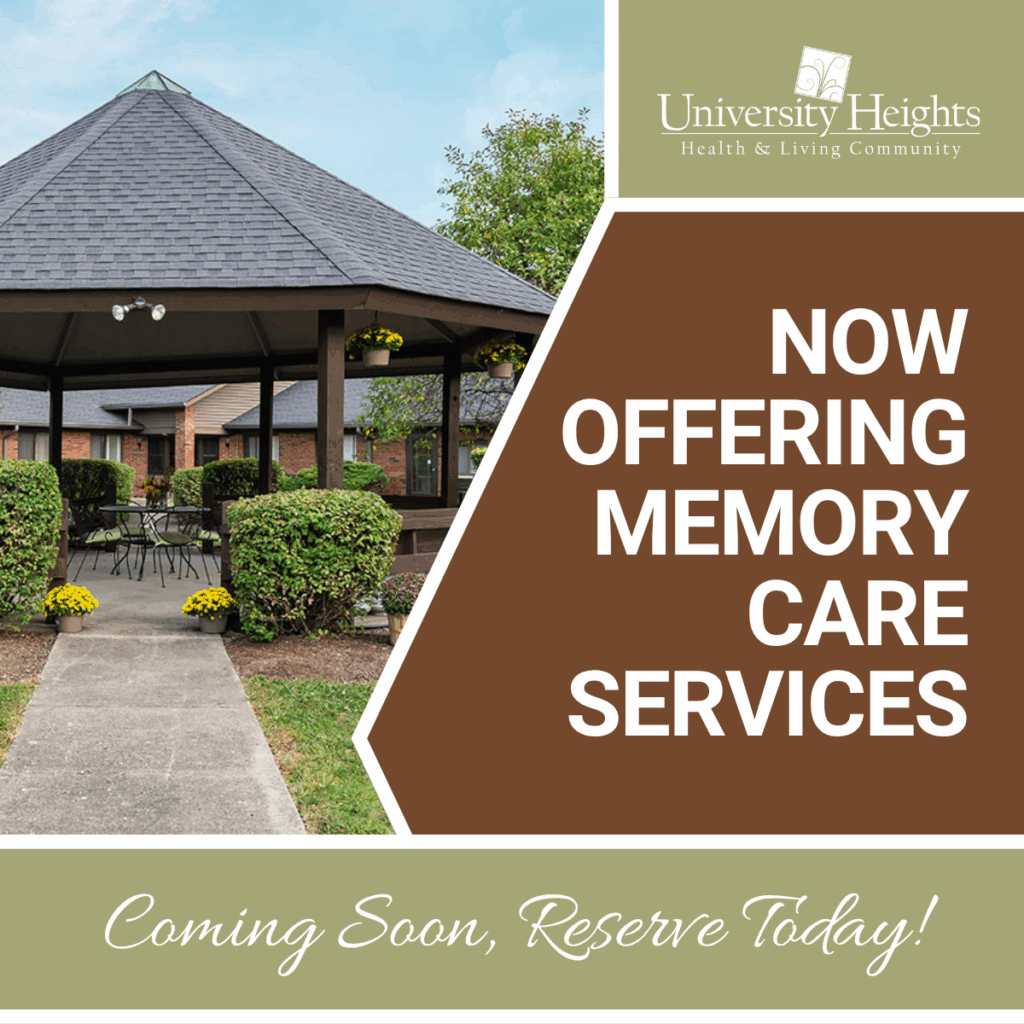Aspirin, eye drops for glaucoma, antibiotic capsules and vitamin pills. What do they all have in common? Actually, they’re all drugs. Chances are if you’re over the age of 65, you’re taking one or more medications. Seniors take more prescription and over-the-counter medications than any other age group. So, let’s make sure we’re taking our medications and prescriptions properly and safely!
The Facts:
A medicine or “drug” is any substance used to treat a disease or improve health. Medications can be prescribed by a doctor and filled by a pharmacist. Or you can buy over-the-counter medications without a prescription. Sometimes, if your parent or loved one has several illnesses, medication management often seems like a fulltime job.
Yes, there can be side effects. And they can often be serious. While medications keep older people healthy, if they aren’t taken correctly or are combined with other prescription or nonprescription medicines or alcohol, a person could be in real danger.
The Doctor’s Role:
At least once a year, schedule an appointment with your loved one’s primary care physician. Be sure to bring along a bag filled with all the medications your parent takes. While you’re at the office, here are a few things to keep in mind.
- Review the instructions for taking the prescriptions
- Ask if a generic equivalent of the drug is available
- Ask if it’s okay for them to drink alcohol while on the medication
- Write down all the information
- Don’t hesitate to call the doctor with questions
The Pharmacist’s Role:
The pharmacist is your friend! They can help you and your loved one learn how to take prescribed medications, understand how they will improve his or her health, and recognize possible side effects! Things to keep in mind:
- Get all of your loved one’s prescriptions filled at the same pharmacy
- The pharmacist can answer questions about food and drug interactions
- Ask about possible side effects
- Ask when and how prescriptions should be taken
- Take advantage of the pharmacy’s online refill option and email alerts
Leftover or outdated medications? Take the right steps to dispose of them safely. Don’t flush unused prescription drugs down the toilet or sink unless the label on the medicine says you should. You can also contact your city or county government to find out if your community has a program for collecting and disposing unused medications. If there’s no program like that, visit the Food & Drug Administration website for tips.
Make the most of your medicines! It’s time to develop a game plan for taking medications every day. Have an extra egg carton? Use it to organize a day’s worth of medications. You can also purchase pill organizers while you’re at the pharmacy. Love watching TV? Schedule your parent’s medications around their favorite show or at mealtime.
We’re here to help. Remember, you’re not alone. At our CarDon communities throughout the Midwest, our providers can help your loved one with any medication and prescription questions. Visit Cardon.us today!
Interested? Find a community close to you.



